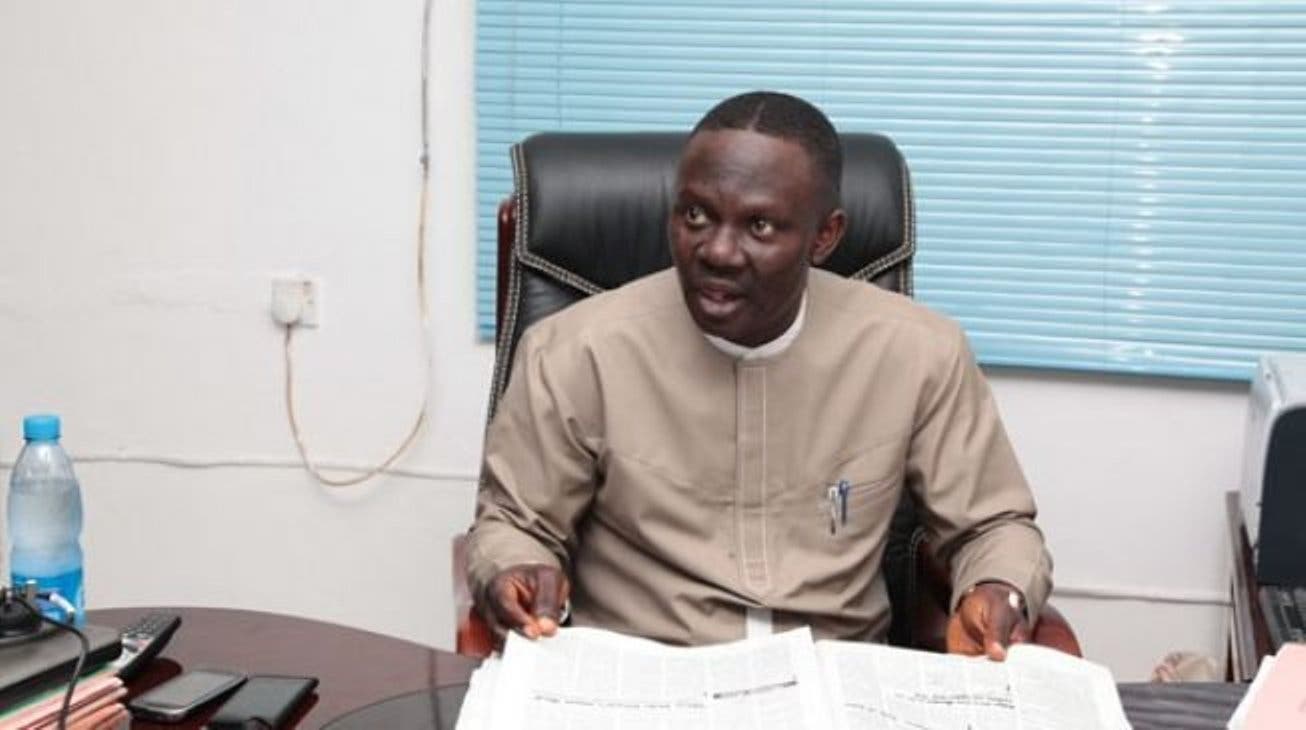Kassim Afegbua, a chieftain of the All Progressives Congress (APC) and former spokesperson for Alhaji Atiku Abubakar, has urged northern politicians to forgo discussions on the 2027 presidency, insisting that the South must complete an eight-year tenure before power rotates back to the North.
Afegbua made these remarks during an interview on Arise TV on Wednesday night.
His position aligns with that of George Akume, the Secretary to the Government of the Federation (SGF), who recently advised northern political figures, including Atiku, to hold off presidential ambitions until 2031.
Afegbua’s comments reignite the debate over power rotation in Nigeria, a practice intended to maintain political balance between the country’s northern and southern regions.
He criticized the opposition Peoples Democratic Party (PDP) for failing to uphold this principle during the 2023 elections by fielding Atiku Abubakar as its presidential candidate.
“Article 7, Section C of the PDP constitution clearly stipulates the rotation of power. By presenting Atiku, the PDP ignored its own principles, disrupting the political balance,” Afegbua argued. He emphasized that this deviation undermined the party’s credibility and contributed to its electoral defeat.
READ ALSO: Dele Momodu decries monetization of Nigeria’s politics, shares personal experience from PDP primaries
Afegbua underscored the need for the South to complete its tenure in power, asserting that any discussion about returning the presidency to the North in 2027 is premature.
“The South must be allowed to complete its eight years in power before any consideration for the North. This is not just a political necessity but a matter of fairness and adherence to long-standing norms,” Afegbua stated.
He further blamed the PDP’s decision to back Atiku in 2023 for creating political instability and weakening the party’s cohesion. “The center cannot hold when a party disregards its own rules and disrupts the normative political order,” he remarked.
Afegbua’s position has sparked discussions within political circles, with some agreeing that maintaining power rotation fosters national unity, while others argue that competence should take precedence over regional considerations.
Political analyst Dr. Ibrahim Dikko commented on the implications of Afegbua’s statement: “Power rotation has always been a contentious issue, but disregarding it entirely risks alienating key stakeholders in the political process. The APC’s stance could strengthen its southern base while further marginalizing the PDP in the region.”
The power rotation principle has been a cornerstone of Nigerian politics, particularly since the return to democratic governance in 1999. Observers believe the debate over the 2027 presidency will shape alliances and strategies as political parties prepare for the next electoral cycle.
Afegbua’s remarks underline the growing tension within Nigeria’s political landscape, as stakeholders grapple with the balance between equity and pragmatism in the pursuit of power.


 Entertainment6 days ago
Entertainment6 days ago
 Health1 week ago
Health1 week ago
 Health4 days ago
Health4 days ago
 Football1 week ago
Football1 week ago
 Football1 week ago
Football1 week ago
 Crime4 days ago
Crime4 days ago
 Education6 days ago
Education6 days ago
 Crime1 week ago
Crime1 week ago
